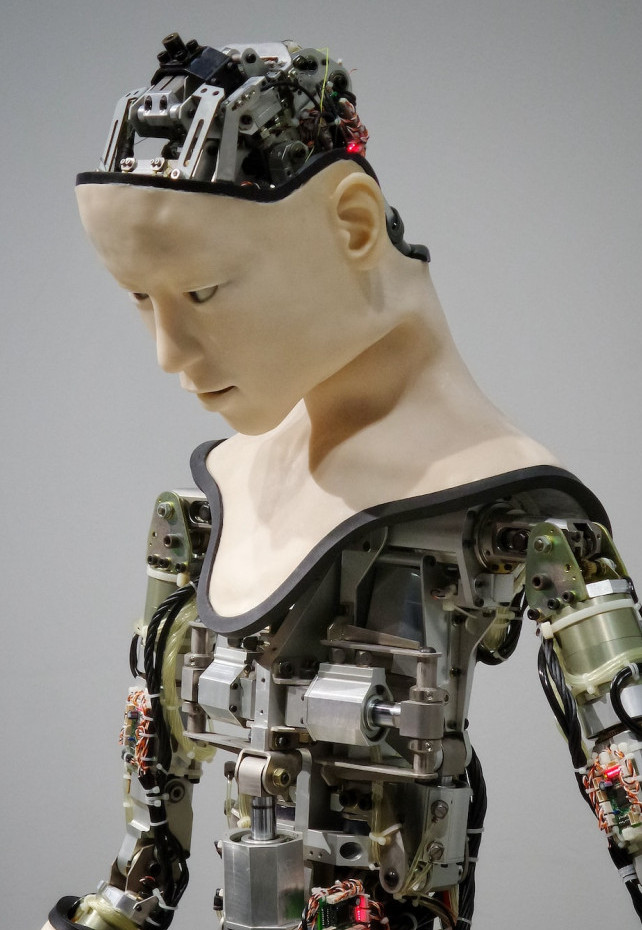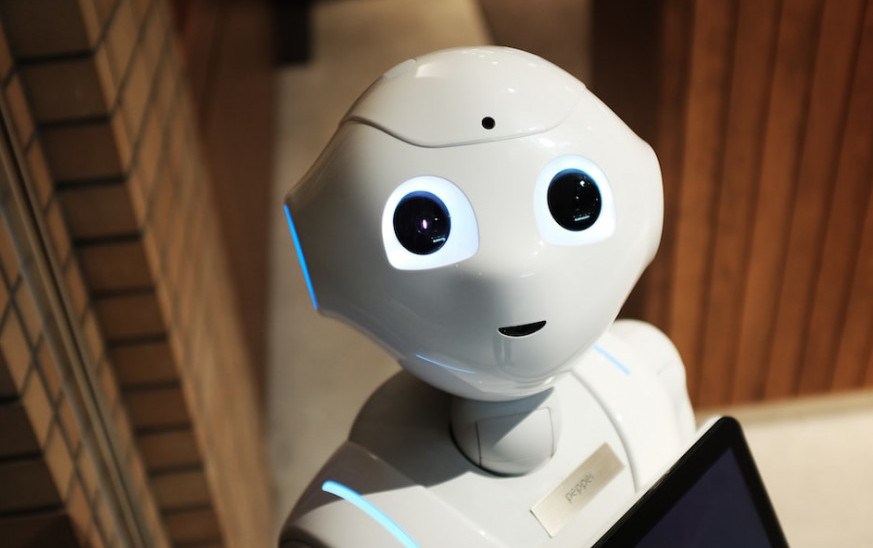Is Artificial Intelligence to powerful for mankind?

It depends. If human opts for a faster and effective way to complete their work and to work constantly without taking a break, yes, it is.
However if humankind is satisfied with a natural way of living without excessive desires to conquer the order of nature, it is not.
The Power Of Artificial Intelligence Vs. The Power Of Human Intelligence
The most immediate benefit of artificial intelligence (AI) for business is increasingly clear: it’s a huge opportunity for increased productivity.
The easiest and fastest way to implement business AI is to add machine learning to existing business processes.
Automation brings the most value when it’s applied to narrow, repetitive business decisions that are made thousands of times a day, replacing the more boring aspects of knowledge work.

For example, machine learning has proved successful at automating repetitive finance tasks such as the automatic matching of invoices and payments, increasing rates from 70% to 94% in just a few weeks—resulting in massive savings in time and effort.
So AI will be a huge boost to organizations around the world—but the real opportunity of AI is to finally unleash the full power of human intelligence.

Rather than treating humans like inefficient robots, we can use it to better leverage our uniquely human skills such as leadership, adaptability, and creativity are coming to the fore. As Picasso once said: “computers are useless: they can only give you answers!”.
Only humans can understand the full context of what’s not working well in business processes and functions, and have relevant suggestions on how they could be improved. Or to put it another way: the most important thing in business is… knowing what’s important!

Machine learning can be used to help enhance human intelligence in many ways. For example, sales people can now review AI-augmented lists of potential deals.
Using historic patterns, algorithms automatically prioritize sales calls based on how likely prospects are to buy, which products they are most likely to purchase, and how long the deal is likely to take.
Because the data is based on past sales success, the overall effect is to help every sales person be as good as the best sales people in the organization.
And ultimately, business success isn’t about answering questions: it’s about asking the right questions in the first place. AI-augmented analytics can help business people spot outliers and unusual situations faster, and automatically uncover the drivers of key performance measures such as revenue and profit, so that business people can spend more time on the decisions that really matter.
But there’s one area where the power of human intelligence really shines: innovation. It’s a fundamentally human-oriented process that requires coming up with hypotheses, creating experiments, evaluating complex results, and scaling up new ways of working. Luckily for all of us, AI will never be able to compete in these areas.

Today, business people are too often treated as passive “users” of technology. But in fact they are by far the most important “technology” in the enterprise, and this technology is not being fully leveraged. Every time people interact with processes and information processes, they add valuable insights. But all too often those insights are simply being wasted, because human-generated information has been hard to gather, aggregate, manipulate, and analyze.
Organizations have, of course, paid close attention to things like customer and employee feedback for a long time, but people’s emotions, expectations, and innovation insights are very different from the structured information that today’s information systems are optimized for.
This means that gathering experience information has generally been manual, limited, and episodic.
But now, new experience management platforms can harness these human insights at scale—gathering the right information, from the right people, at the right time.
When combined with traditional data sources, and using AI to surface the most important trends, this holds out the possibility of improving and accelerating innovation at every level, in every business process.
Ultimately, the rise of AI is raising the premium on tasks that only humans can do: it is freeing workers from drudgery and allowing them to spend time on more strategic and valuable business activities.

Instead of forcing people to spend time and effort on tasks that we find hard but computers find easy, we will be rewarded for doing what humans do best — and artificial intelligence will help make us all more human.
Affiliate Opportunity

